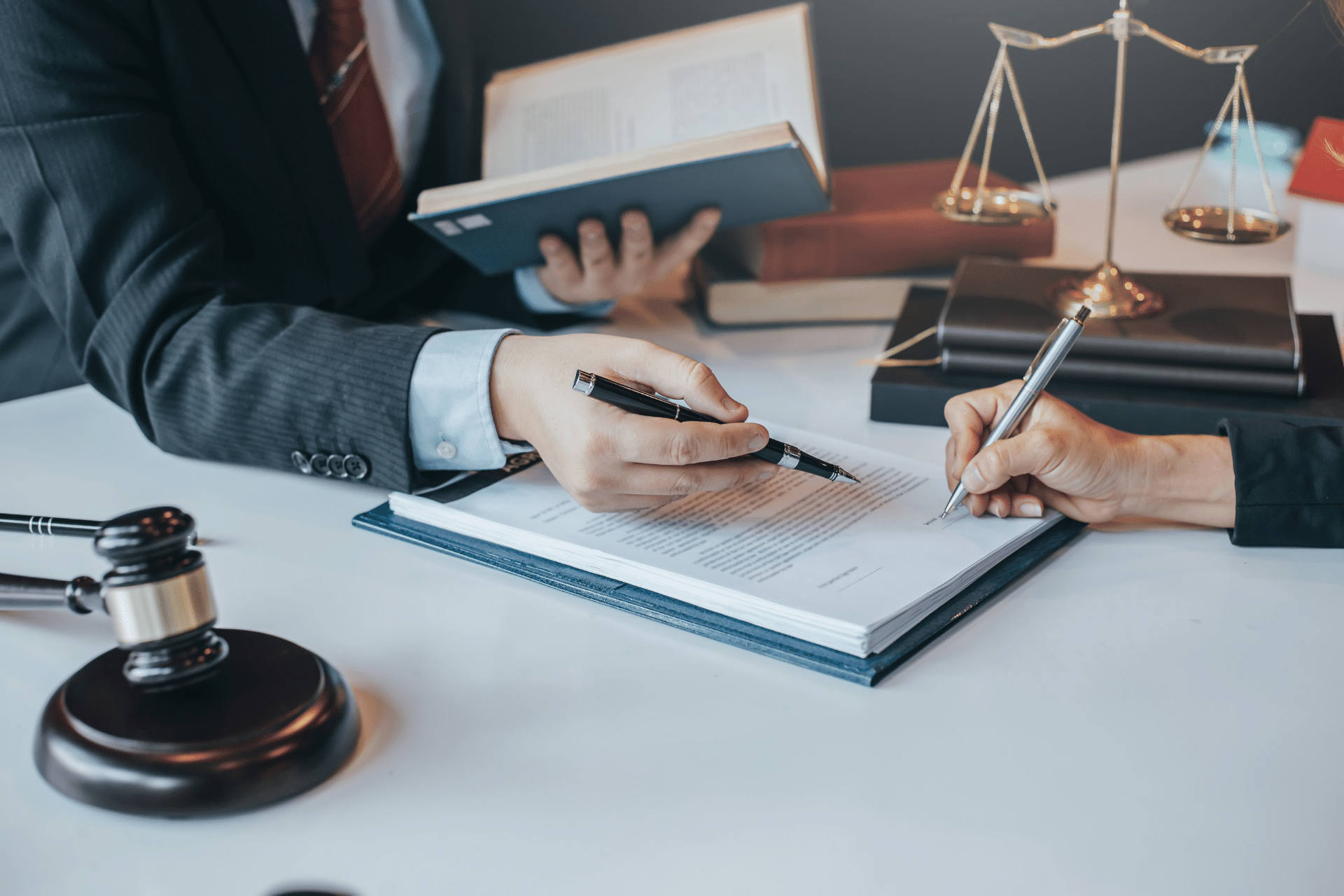When faced with a legal dispute, many people are unsure of how to proceed. Despite the fact that the process of litigation can be intimidating and time consuming, it is important for those involved to understand their rights and responsibilities. Knowing what to expect from the litigation process can help you make informed decisions about your case.
Filing a Claim
The first step in any litigation process is filing a claim or complaint with the court. This document outlines the basis of your dispute and serves as notice to the other party that they will be required to appear before the court. Depending on your state laws, you may need to include specific information such as case facts, legal theories, or a prayer for relief. An experienced attorney can help ensure that all necessary information is included in the document so that it complies with local regulations.
Discovery Process
Once a claim has been filed, both parties will begin collecting evidence through discovery processes such as depositions, interrogatories, requests for production of documents and/or records, subpoenas duces tecum, etc. The purpose of discovery processes is to obtain as much relevant evidence as possible before going to trial. This allows both sides to better prepare their cases and provides an opportunity for settlement negotiations without having to go through an entire trial.
Trial Process
If settlement negotiations fail and the matter proceeds to trial, both sides will have an opportunity to present their cases before a judge or jury. During this time each side will present its evidence and arguments in order to persuade the court towards one outcome or another. After hearing all of the evidence presented during trial, the judge or jury will decide whether one party should prevail over another based on applicable law and precedent set by similar cases in prior years.
Navigating through a lawsuit can be challenging if you are unfamiliar with the entire process. While it is important for everyone involved in litigation proceedings to understand their rights and responsibilities under applicable law, seeking assistance from an experienced attorney can help ensure that your interests are represented throughout every step of the way. By understanding what goes into litigation processes from start-to-finish—including filing claims, discovery processes, and trials—you can make informed decisions about how to best handle your own legal disputes accordingly.

